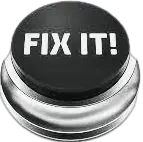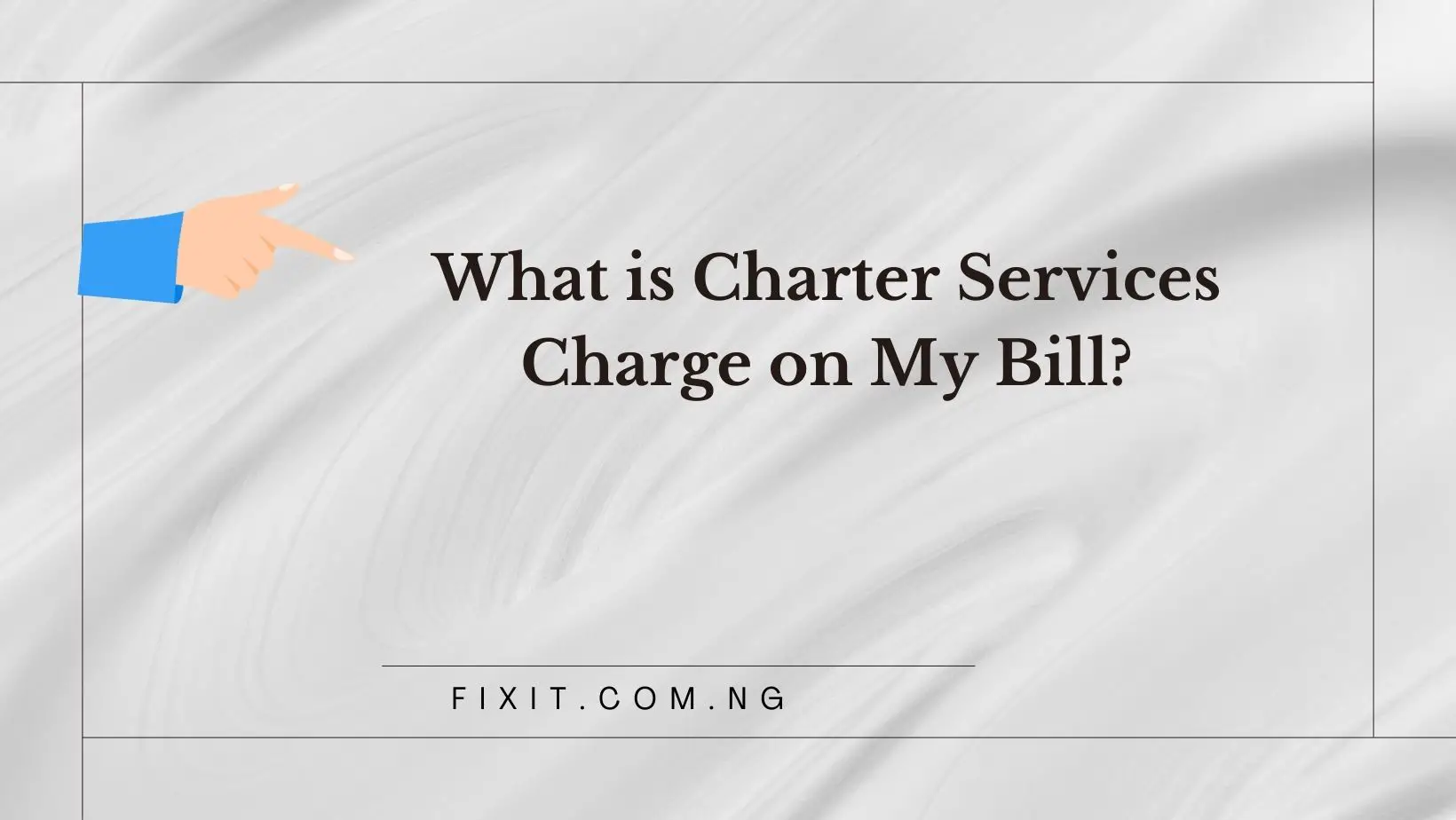If Charter Services Charge or Spectrum Charge appears on your credit or debit card statements, now may be the time to take action. By opting for electronic payment methods and regularly reviewing account statements and options available to you, it may help prevent these charges from accruing further in future statements.
Franchise fees are a type of local tax levied by cable operators to compensate them for using public rights-of-way for providing service. They’re usually listed under “fees” on your monthly bill.
What is the Charge?
Charter service charges are fees charged by transportation providers to cover costs associated with using their vehicles, which vary based on type and distance traveled. Usually added onto total transportation services costs and paid with credit card either at booking time or upon completion of trip.
If you notice a “Charter Services” charge on your credit card statement, it could be an indication of fraud or an inaccurate billing system. In either case, it would be beneficial to contact the company directly by phone or email in order to address this matter and address any possible issues as quickly as possible.
Alternately, you could also reach out to the customer service department of your Charter cable provider through its website or customer service number in order to resolve any disputed charges and ensure your account remains accurate and up-to-date.
Charter used to display “Charter Communications” on customer bills; however, this has now changed and instead you should see “Spectrum” followed by your billing location on your statement. Spectrum is an American mass media and telecommunication company providing cable television, internet access, home security systems and telephone services – it is the second-largest cable operator in the United States.
Why is it on My Bill?
An unusual charter services charge has appeared on your credit or debit card statement because you’ve used services of Spectrum brand. Spectrum was acquired by Time Warner Cable and Bright House Network and now goes by this name; protecting yourself against unauthorzied transactions is best achieved by notifying the bank immediately of disputed charges.
Your bank statement provides information on any applicable charges by either reviewing its transaction history section, or by looking through its fee description section which typically provides an easy way of finding each fee and its rate. Regularly reviewing your statement can help prevent unintended recurring charges from accruing over time.
Charter Communications, an American mass media and telecommunication company renowned throughout America for its variety of branded services, is the second-largest cable operator in the US with over 32 million customers across all states in which it operates.
The charter service charge on your bill is a monthly administrative fee designed to cover costs associated with billing for services you receive, such as processing payments, issuing receipts and performing administrative functions. This charge should not be confused with taxes, equipment costs or one-time charges which might also appear on your bill.
How do I Avoid It?
The Charter Services charge is a bank fee that may be assessed when issuing checks, converting checking accounts into cashier’s checks/money orders or performing other cash handling services. You can easily avoid this fee by choosing electronic payment methods and regularly reviewing your bank statement.
If you discover an unexpected Charter Services Charge on your credit card or bank statement, filing an Unauthorized Debit Dispute with your financial institution can prevent further charges being made without authorization in the future.
Charter can help you dispute their charges by telling them you plan on switching services of their competitors, and will transfer you directly to their “customer retention” department, trained specifically to persuade people from canceling cable. Be ready with details on costs of their packages and programming fees along with what would be payable elsewhere (including promotional pricing for new customers).
Pay the full balance owed on your Charter cable or phone bill by the next billing cycle; although this won’t help prevent late fees or collections activity, it will keep your current services active and provide continuity for payments owed. If paying this way is still impossible for you, call Charter immediately to make arrangements before the collection agency contacts you directly to do it for you.
What Do I Do if I Find it on My Bill?
Seeing Charter Services Spectrum charges on your bank statement should prompt you to reach out for clarification from their provider and confirm whether these are legitimate charges, helping prevent further unauthorized charges in the future. Using electronic payment methods and regularly reviewing your account are both good ways of guarding against these types of fees.
Missed payments can seriously erode your credit score and prompt annoying calls and letters from companies. If the debt goes into collections, it may remain on your report for years – however if they cannot validate it you can request they stop contacting you or have the collection account deleted from your credit report.
Franchise fees aren’t unique to Charter; cable operatorss must pay these taxes in order to use public rights-of-way in delivering service. Unfortunately, some providers include these fees in one bill line item without making this clear – if this applies to you then file a complaint and get it changed!
If you have missed a payment to Charter, don’t be discouraged; they are required to issue a debt validation letter before taking collection action on your account. Furthermore, pay-for-delete deals allow your payments to help remove an adverse collection account from your credit report.

